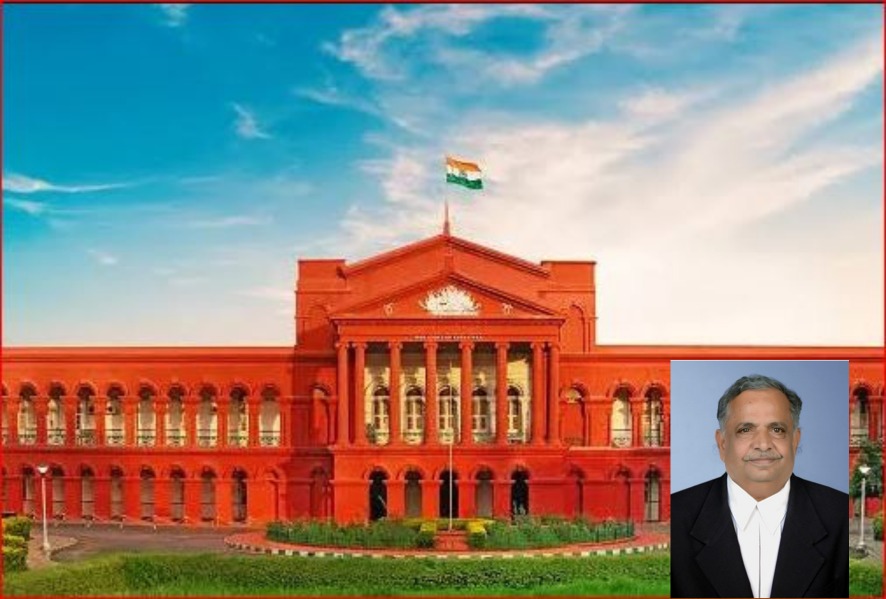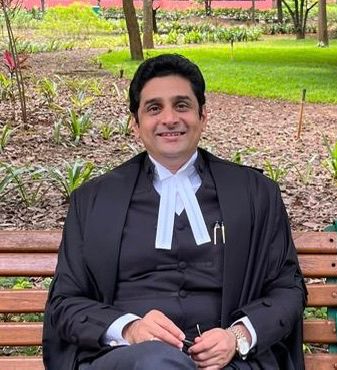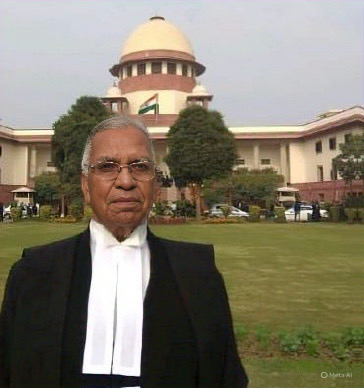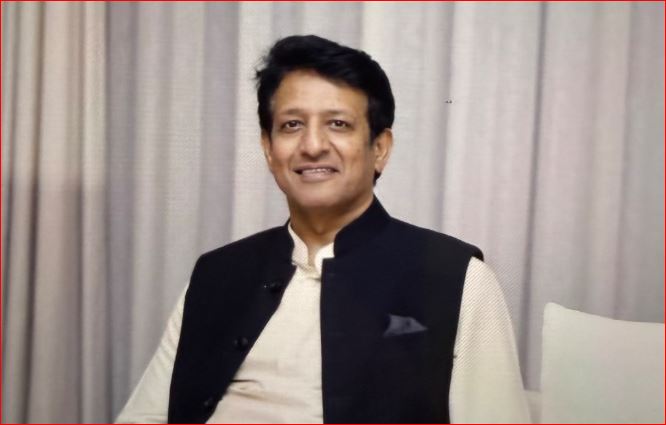Navigating the Complexities of Premium FAR in Urban Development: A Legal Perspective.
- 22-February-2024 19:18
Prashant Mirle, Advocate, Karnataka High Court.
Introduction
The discourse surrounding Premium Floor Area Ratio (FAR) in Karnataka's urban planning sphere has unfolded against a backdrop of legal scrutiny and public debate. As the individual who initiated Public Interest Litigation (PIL) through Writ Petition No. 19694/2021, I approach this discussion with a profound respect for the judicial process and the law. This article aims to shed light on the complexities of implementing Premium FAR, the legal challenges that have emerged, and the implications for sustainable urban development, all while navigating the sensitivities of ongoing judicial proceedings.
Simplifying Premium FAR
To understand Premium FAR, let’s use a straightforward analogy. Imagine you own a plot of land where the rules state you can only build a house that covers half of the plot, ensuring there’s space for a garden, parking, etc. This rule resembles the concept of FAR, which limits how much of the land can be built upon. Now, if the government allows you to build over more than half your plot in exchange for a fee, granting what is known as "Premium FAR," you essentially get permission to expand your construction beyond standard limits for a price. This fee then contributes to funding public amenities like parks and schools.
For instance, owning a 1,000 square feet plot in Bengaluru typically allows you to construct a building of 2,000 square feet under standard FAR regulations. With Premium FAR, for a certain fee, you might be permitted to build up to 3,000 square feet, enhancing the density and potentially the profitability of your development on the same plot.
The Essence of Legal Challenges.
The crux of the challenge to Premium FAR implementation lies in its potential to reshape urban development in ways that may not align with sustainable and equitable growth principles. The introduction of Premium FAR, particularly through the contested sections of the Karnataka Town and Country Planning (Fourth Amendment) Act 2020[1], has raised questions about the fairness and transparency of urban planning processes.
In initiating Writ Petition No. 19694/2021, the aim was not merely to contest a specific legislative action but to advocate for a planning framework that ensures the holistic development of our urban spaces[2]. This legal action reflects a commitment to safeguarding the public interest against arbitrary and potentially exclusionary development practices.
Ongoing Legislative Efforts and Judicial Proceedings.
As the state government moves forward with further amendments, such as those proposed in the Karnataka Town and Country Planning (Amendment) Bill 2024[3], it is crucial to remain cognizant of the broader legal and ethical implications. The pursuit of amendments amidst ongoing legal challenges underscores the dynamic and often contentious nature of urban planning legislation.
It is with the utmost respect for the judicial proceedings that I highlight these issues, understanding that the courts play an indispensable role in mediating between legislative intent and the public good. The legal challenges, including the notable cases such as Writ Petition No. 6193/2022 and Contempt Case No. CCC 901/2022[4], serve as critical junctures for reflecting on our urban development policies and practices.
Conclusion
The dialogue on Premium FAR and its implications for Karnataka's urban development is a testament to the intricate balance between growth, sustainability, and equity. As we navigate these challenges, both in the courts and in public discourse, it is imperative to approach these discussions with a sense of responsibility and reverence for the legal process. The path forward must be charted with a deep commitment to the principles of justice, ensuring that our urban landscapes evolve in a manner that benefits all members of society.
Endnotes
1. Karnataka Town and Country Planning (Fourth Amendment) Act 2020, Section 18-B.
2. Writ Petition No. 19694/2021.
3. Karnataka Town and Country Planning (Amendment) Bill 2024, passed on February 20, 2024.
4. Writ Petition No. 6193/2022 [LB-BMP] and Contempt Case No. CCC 901/2022.




